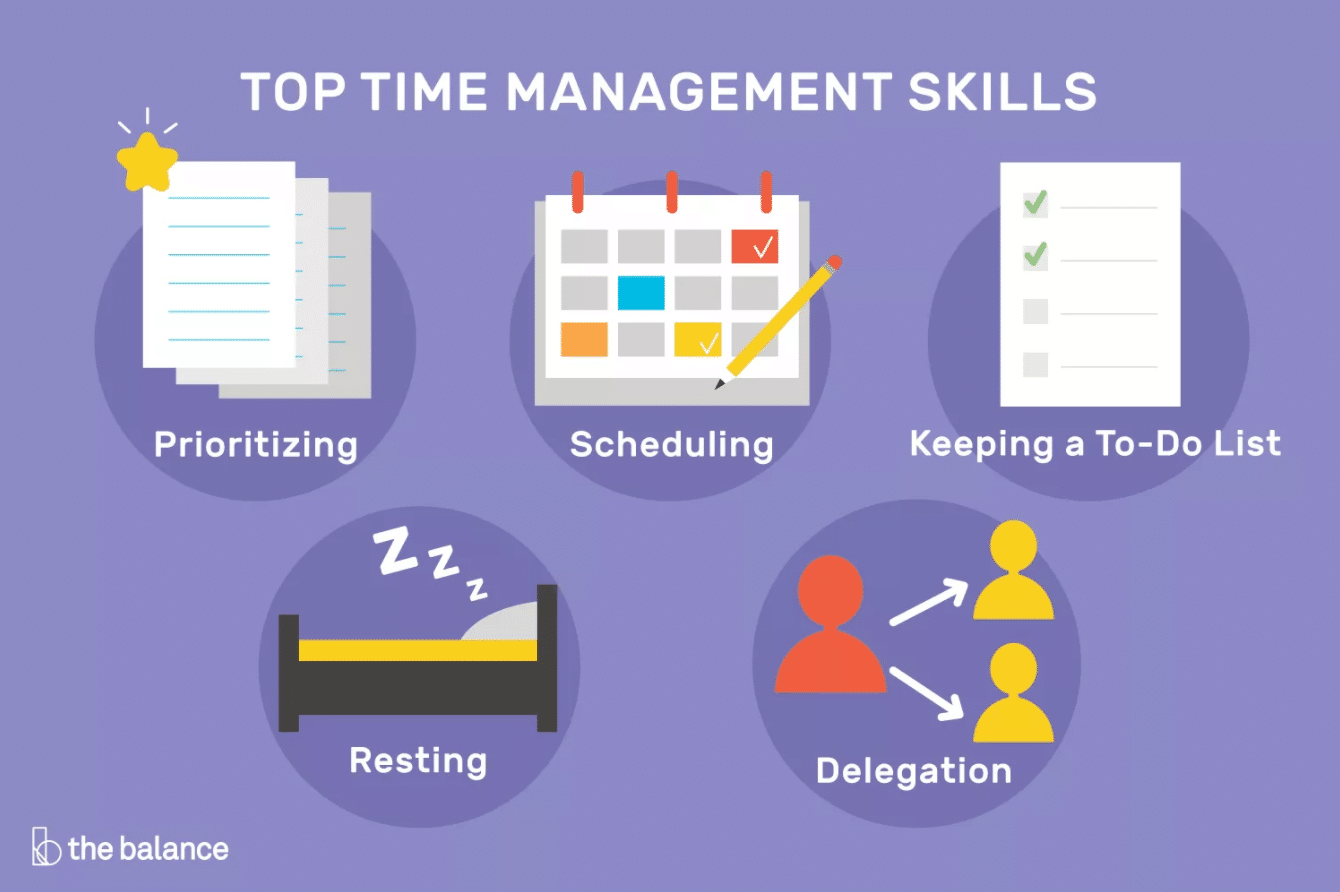
Effective Time Management Tips That Boost Productivity
Do you often find yourself glancing at the clock only to realize that hours have slipped away with not much to show for it? In our fast-paced world, time is a commodity that many seem to be short on. Managing it effectively not only helps in boosting productivity but also in achieving a sense of personal satisfaction and well-being. Here are several practical time management tips that can help you harness the hours in your day more efficiently.
Set Clear Goals
Begin with the end in mind. Know what you want to accomplish. Whether it’s for the day, the week, the month, or the year, setting clear and achievable goals will give you direction and a destination. Use the SMART criteria to frame your goals – Specific, Measurable, Achievable, Relevant, Time-bound. This approach simplifies your objectives and breaks them down into actionable steps.
Plan Your Day the Night Before
Each evening, take a few minutes to jot down what you hope to tackle the next day. This will clear your mind, aid in a restful sleep, and give you a jumpstart when you wake up in the morning. By planning your day in advance, you can hit the ground running instead of spending precious morning hours deliberating on where to begin.
Prioritize Your Tasks
Not all tasks are created equal. Identify your most critical tasks and prioritize them. The Pareto Principle, or the 80/20 rule, posits that 80% of outcomes come from 20% of all efforts. In other words, focus on the tasks that will have the most significant impact or outcome. Start with these high-priority items to ensure they get your best energy and focus.
Use a Timer
Make friends with the clock. Setting a timer for each task can instill a sense of urgency and help you stay on track. The Pomodoro Technique, for instance, involves working in focused bursts of 25 minutes followed by a short break. This method not only promotes sustained concentration but also prevents burnout by ensuring regular breaks are part of your schedule.
Control the Environment
Your environment plays a crucial role in how well you can focus. Distractions can be the biggest time thieves – from a noisy office to the digital pings of emails and social media notifications. Take control by creating a workspace that promotes productivity. Use noise-cancelling headphones if needed or block distracting websites during work hours. Remember, a tidy space equals a tidy mind.
Say No to Multitasking
It may seem like you’re accomplishing more by doing several things at once, but in truth, multitasking is a productivity killer. Studies have shown that our brains aren’t wired to focus on more than one complex task at a time. Instead, switch to a method called “single-tasking.” Concentrate on one task at a time, complete it, and then move on to the next. This way, you’re likely to complete tasks faster and with fewer errors.
Delegate Effectively
You don’t have to do everything yourself. Delegation is a key time management skill. By passing on tasks to others, you can focus on areas where you bring the most value. Identify tasks that can be done by someone else, provide clear instructions, and trust in their ability to manage the task. Remember, delegation also helps in developing the skills of your team.
Take Care of Yourself
Managing time and productivity doesn’t mean working without reprieve. Taking regular breaks to rest and rejuvenate is essential. Ensure you have a healthy balance of work, exercise, and relaxation in your life. When you take care of your body and mind, you’re better equipped to handle the challenges of a heavy workload and long work hours.
Learn to Say “No”
The power of saying “no” cannot be overemphasized. You do not have to agree to every request or attend every meeting. It’s important to evaluate the importance and relevance of every task or event in light of your goals. If it doesn’t align with your objectives or priorities, have the confidence to decline politely.
Review Your Day
End your day with a quick review of what’s been accomplished and what hasn’t. Understanding the reasons behind unfinished tasks can provide significant insights into how you manage your time. Reflect on what worked well and what can be improved upon. This reflection can lead to better strategies and adjustments for future productivity.
Utilize Tools and Software

In the digital age, there are countless tools, apps, and software solutions designed to keep you organized and efficient. From calendars and task managers to project management platforms, these tools can help streamline your processes and remind you of upcoming deadlines.
Remember: Consistency is Key
Effective time management practices take time to build into habits. Stay consistent with your efforts, and you’ll notice that these strategies become second nature. Over time, they will enable you to accomplish more with your time, reduce stress, and lead a more balanced life.
Being productive isn’t necessarily about doing more but about making the most of the time you have. By implementing the above tips in a consistent manner, you’ll find that your ability to manage the minutes, hours, and days effectively will grow. As a result, your work quality and life balance may see remarkable improvement, setting you on a path to personal and professional success.
Time management is a skill that can benefit everyone, regardless of career or lifestyle. Practice these tips and watch your productivity soar as you reclaim control over your time and your life.